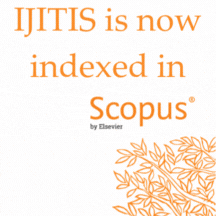Implications of Integrated Community-Oriented Approaches for Schizophrenia Treatment
DOI:
https://doi.org/10.15157/IJITIS.2024.7.4.198-209Keywords:
Schizophrenia, Drug Treatment, Neurodegenerative, Neurotransmitter Imbalance, Community-based Care, Psychosocial rehabilitationAbstract
Schizophrenia is a neurodegenerative disorder that affects approximately 1 in 300 individuals worldwide. Although its exact cause remains unclear, genetic factors have been identified as a partial contributor. Additionally, many patients with schizophrenia exhibit an imbalance between the neurotransmitter’s dopamine and serotonin. The complex nature of schizophrenia raises critical questions about its causes, symptoms, and treatment options. These uncertainties are compounded by ethical concerns surrounding the capacity for decision-making and voluntary consent among patients. The principles of autonomy, beneficence, and non-maleficence are central to determining appropriate treatment strategies for individuals with schizophrenia. Electroconvulsive therapy (ECT), or "shock therapy," has been considered for patients with severe symptoms, though its potential benefits are often outweighed by risks, including significant memory loss in 40-60% of cases. Antipsychotic medications are more commonly used and can be effective, but questions arise about the ability of patients to consent to these treatments during acute episodes. This paper explores the most effective medical interventions for schizophrenia, with a focus on preserving patient autonomy, enabling informed consent, and supporting community integration.









